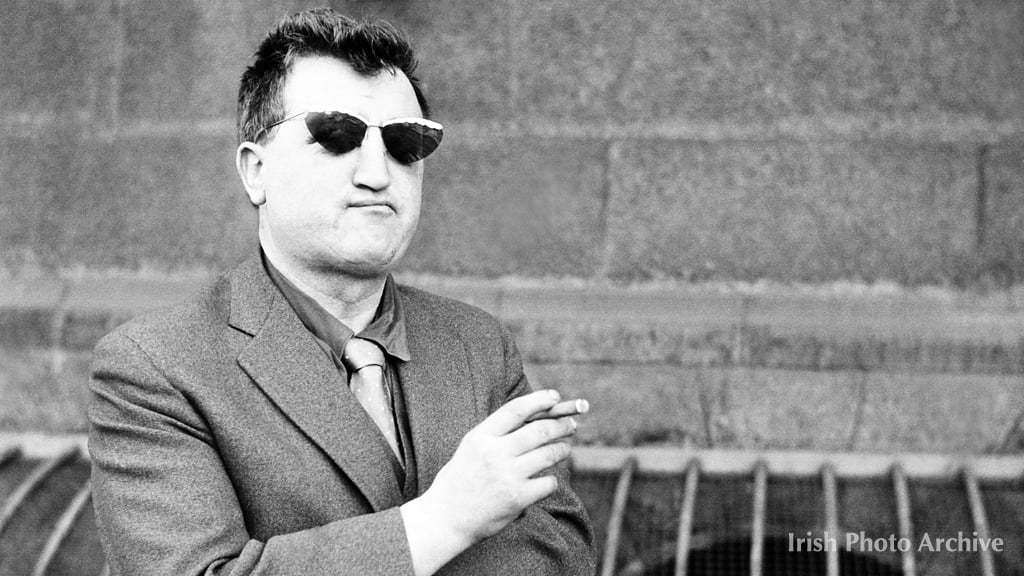In a book I'm currently reading called 'Flight Behaviour' by American novelist Barbara Kingsolver, the narrator describes one of the characters as being a "911 Christian: In the event of an emergency call the lord."
This quote, to me, represents the context of organised religion in modern society. Religious practice in Ireland has decreased in recent times, with vast swathes of people abandoning the Catholic Church following scandals, becoming disenfranchised with certain rules, or others simply finding purpose and meaning in material goods as opposed to spiritual ideals. Juxtaposing this decline in religious action is the ever prominent level of religious belief in our societies.
In my humble opinion, religion has, for many people, developed into a coping mechanism. For non-practising Catholics who don't step foot in a church at all, it still seems to be the 'go to' utility in times of need and suffering. When times are tough, religion provides a private medium to reflect and look for answers. Why do these non-practising Catholics look to religion for answers, seeing as many dis-regard their faith in their day-to-day lives? Frankly, it's because it is all they know.
These people were brought-up into Catholic families, raised by Catholic parents and baptised. Maybe in their teens their faith dwindled and into adulthood they let their beliefs pass them by. So isn't it ironic that people who seldom put their faith into practise, nor see their faith as having a large role in their daily lives, would look to religion almost by default in tough times? I don't mean to sound judgemental, it just interests me.
As we move towards a more secular society (which I believe is an undeniable fate at this point), it fascinates me to see if organised religion will remain as society's primary values teacher or if an alternative spiritual dimension will rise to take its place.
This quote, to me, represents the context of organised religion in modern society. Religious practice in Ireland has decreased in recent times, with vast swathes of people abandoning the Catholic Church following scandals, becoming disenfranchised with certain rules, or others simply finding purpose and meaning in material goods as opposed to spiritual ideals. Juxtaposing this decline in religious action is the ever prominent level of religious belief in our societies.
In my humble opinion, religion has, for many people, developed into a coping mechanism. For non-practising Catholics who don't step foot in a church at all, it still seems to be the 'go to' utility in times of need and suffering. When times are tough, religion provides a private medium to reflect and look for answers. Why do these non-practising Catholics look to religion for answers, seeing as many dis-regard their faith in their day-to-day lives? Frankly, it's because it is all they know.
These people were brought-up into Catholic families, raised by Catholic parents and baptised. Maybe in their teens their faith dwindled and into adulthood they let their beliefs pass them by. So isn't it ironic that people who seldom put their faith into practise, nor see their faith as having a large role in their daily lives, would look to religion almost by default in tough times? I don't mean to sound judgemental, it just interests me.
"I am a daylight atheist." - Brendan Behan
As we move towards a more secular society (which I believe is an undeniable fate at this point), it fascinates me to see if organised religion will remain as society's primary values teacher or if an alternative spiritual dimension will rise to take its place.

Comments
Post a Comment